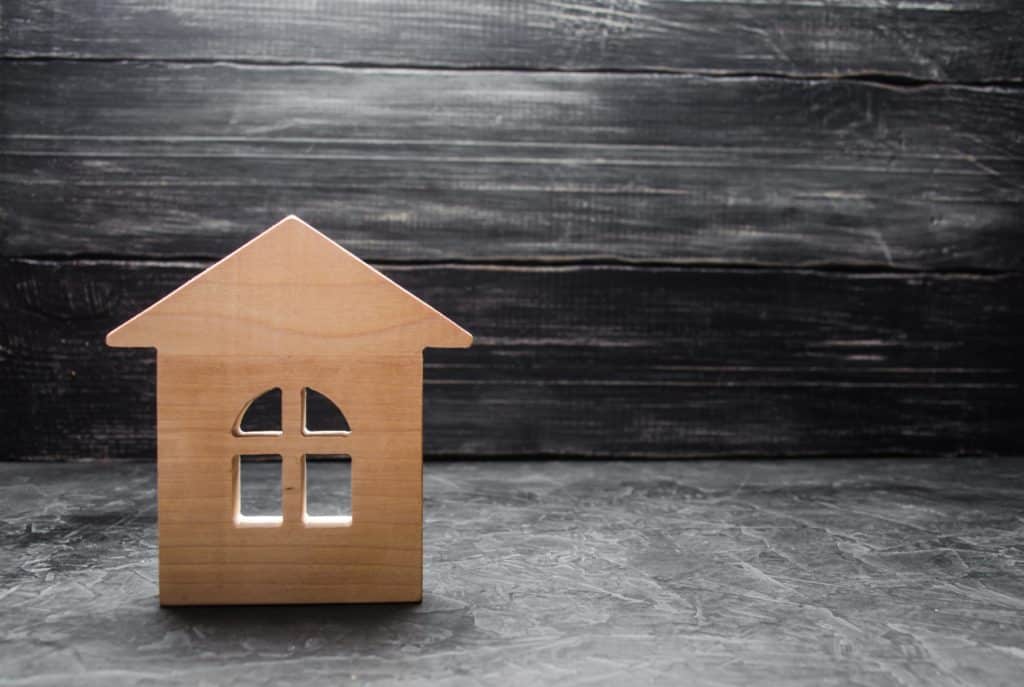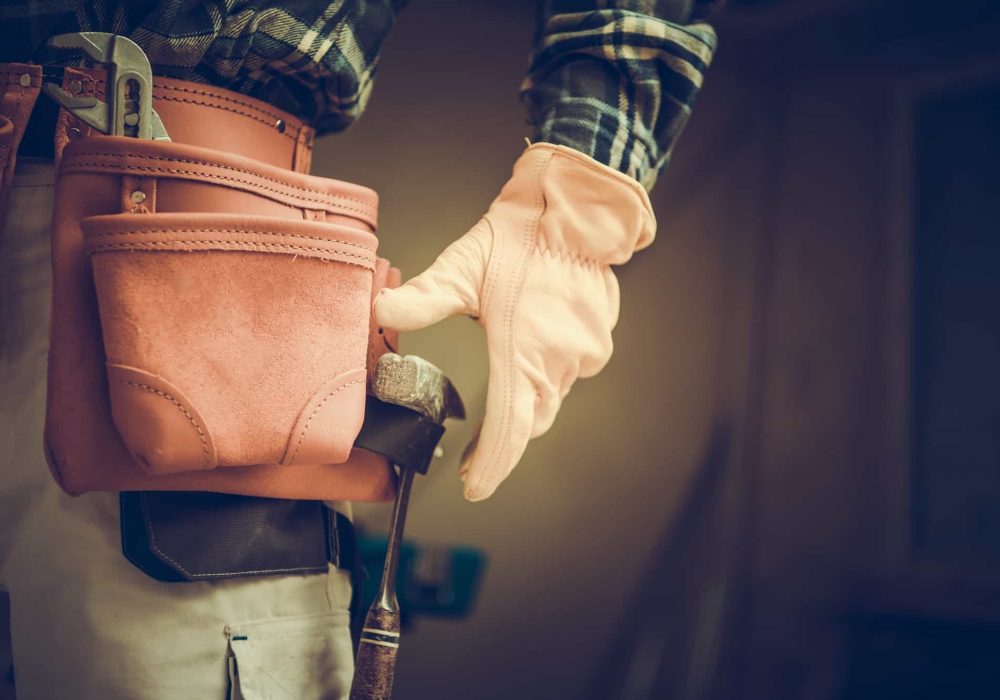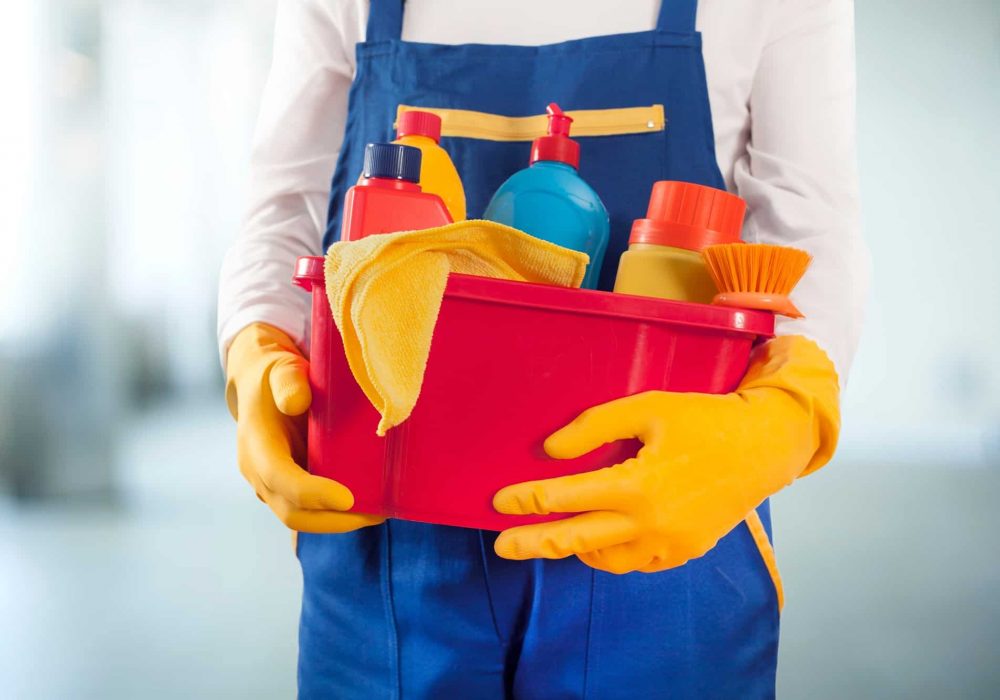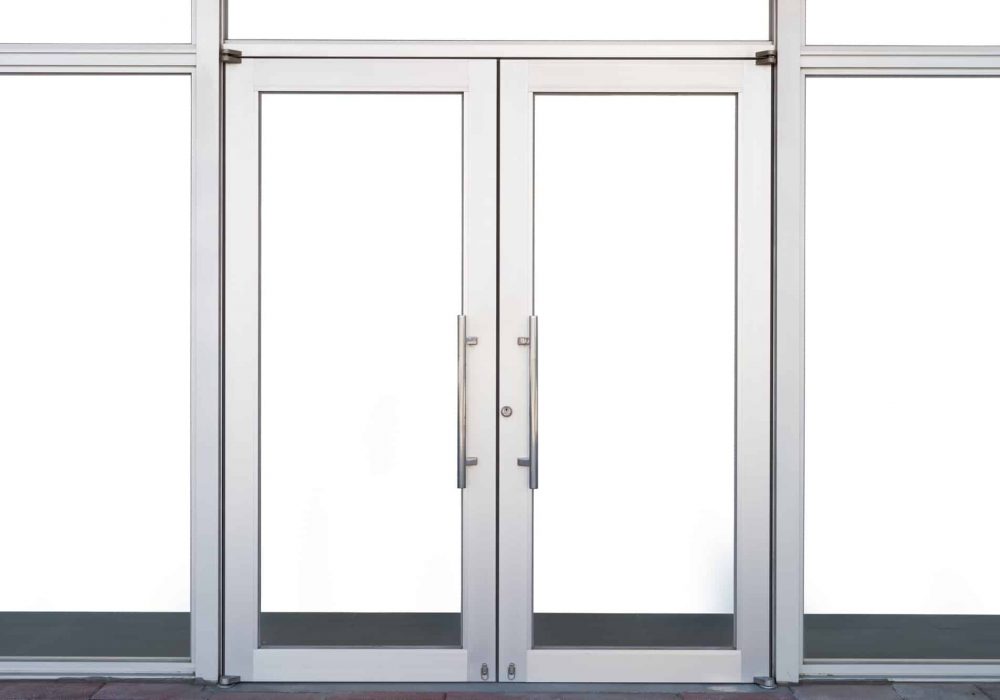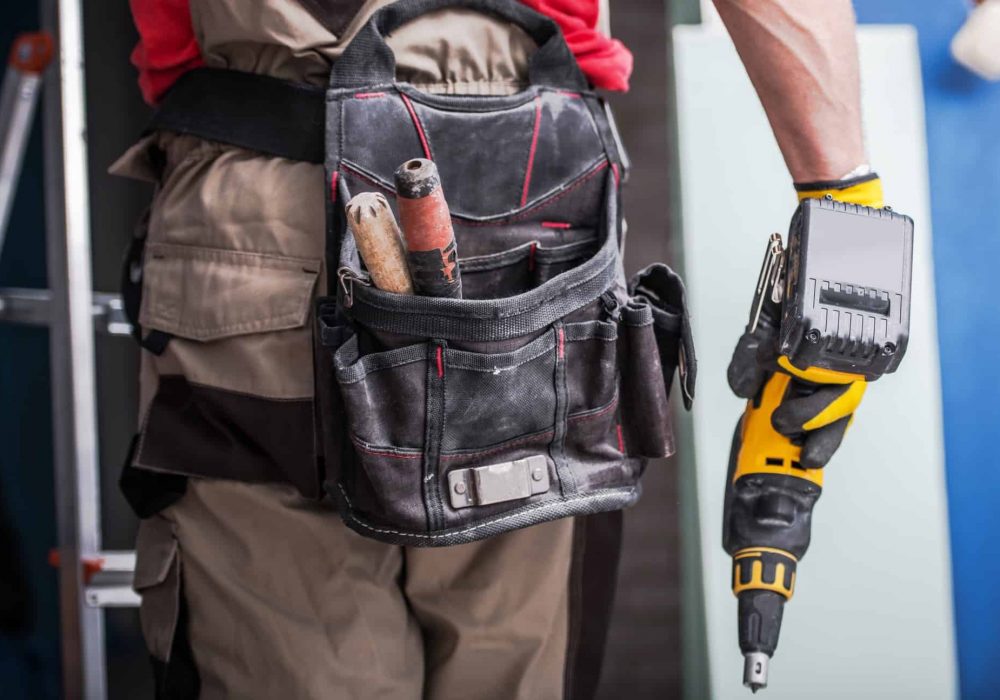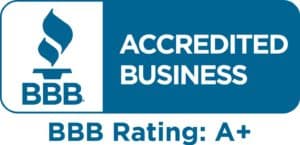Preventative maintenance in rental properties is like insurance you know you need (meaning not doing them will increase the likelihood that something goes wrong). And there are some things you simply shouldn’t depend on your tenants taking care of. Here are five preventative maintenance tasks that you should schedule for your rental properties.
Cleaning The Gutters
If you are renting homes with rain gutters, you might be tempted to leave the cleaning of those gutters to your tenants. But this “out of sight out of mind” task, if not done or done properly, can cause long term damage to your property, and therefore should be taken care of by the person most invested in it. You might consider purchasing gutter guards to alleviate the time and money you would normally dedicate to this task.
Inspecting The Property For Leaks
Water leaks and water damage are not only inconvenience and unsightly to tenants, but they can also lead to a more serious problem: mold. Although not all mold caused by water damage is dangerous, there are forms of toxic mold, and remediation can be very expensive and costly. Even non-toxic mold can cause adverse reactions to tenants with asthma or mold sensitivities, so for the sake of keeping your rental property and safe and clean environment, checking for leaks and mold regularly should be part of your preventative routine.
Flushing The Water Heaters
This is a task that many landlords forget to do or think they can skimp on, but water heaters are very expensive to replace. Flushing your rental properties water heaters prevents sediment from collecting at the bottom and creating clogs in the drainage valve. Sediment build-up can also make your water heater’s less energy efficient. This should be done once or twice a year depending on the hardness of your local water supply.
Testing Smoke and Carbon Monoxide Detectors
In many cities and states, landlords are responsible for ensuring that smoke alarms and carbon monoxide detectors are in good working condition at move-in (some even require that you prove this in-person to your new resident). But usually, regular testing and notifying the landlord of a faulty detector (like one in need of new batteries) is the responsibility of the tenant. But that doesn’t mean you shouldn’t go test them yourself every once in a while. Even if you require renters insurance that will cover the cost of fire damage, dealing with the aftermath of a fire on your property is never fun and can be avoided if you have regularly scheduled fire safety checks. Going a step further and inspecting fire extinguishers and electrical wiring can also go a long way in preventing a disaster.
Pest Extermination
Pest control should be done monthly, and if you manage a multi-family property, should also be done in each unit, not just the surrounding areas or where an individual problem exists. The cost savings are big on this one. A lack of preventative pest control can cause you to lose tenants, or worse, force you to remediate a full infestation. Both scenarios can cost you several thousand dollars, which is nothing compared to hiring a professional to do monthly maintenance. Not only can you lose current tenants, but all it takes is a single review online with the words “bed-bugs” to keep potential tenants from moving in.
It is very unlikely that you are an expert in each of these tasks, so if there is something on this list that is outside of your wheelhouse, call a professional to do it for you. The extra expense will save you many headaches and bills in the long term, and your tenants will appreciate you for it!

